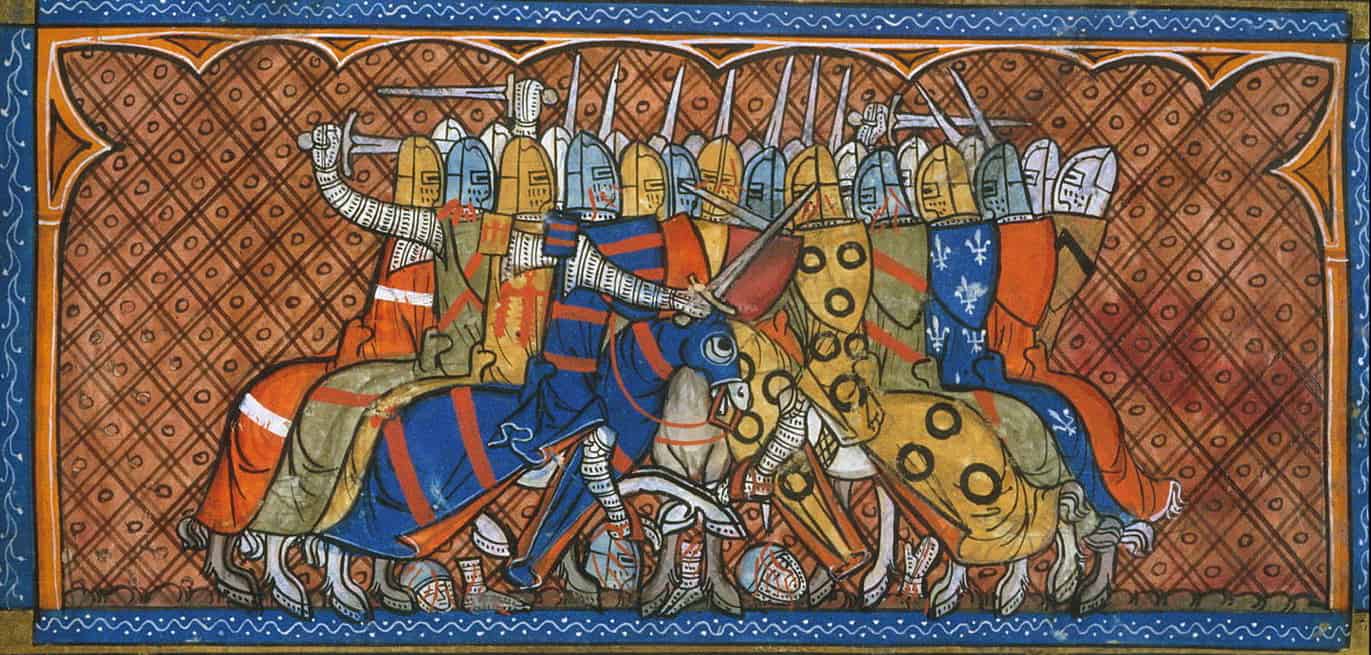
ADVERTISEMENT - CONTINUE READING BELOW
6. The use of champions was technically not allowed, but became commonplace
In a trial by combat, or judicial combat, or wager of battle as it became known in England, the combatants were required to be the principals involved. The hiring of someone to do the fighting for a disputant was technically illegal. It was common though. Women often hired such outside fighters, as they were legally allowed to do, except in disputes with their husbands. The law provided advantages for women to do battle with their husband, reducing his advantages in size and weight, and some women fought for themselves. But, despite the laws proscribing the practice, many men hired champions to fight their trial by combat for them, citing loopholes in the law which required their presence on the field of battle, but not specifically as the combatant. It was the beginning of what in a later day became known as the hired gun.
In the 13th century in the Germanic lands, members of the nobility, including knights, did not need judicial approval to engage in a trial by combat. The issuance of a challenge and its acceptance was all that was necessary for the parties to arrange to resolve a dispute without troubling the magistrates. If a commoner was involved, either against another commoner or with a member of the nobility, judicial sanction was required. Gradually, a list of seven crimes emerged as being sufficiently vile as to call for trial by combat; murder, fraud, abduction, heresy, treason, running away from one’s master to another, and rape. The latter was generally considered to be a property crime, the abuse of property owned by another, rather than an assault on the person of a woman. Women, could and did use champions, often their husband or a brother, to settle legal disputes.

